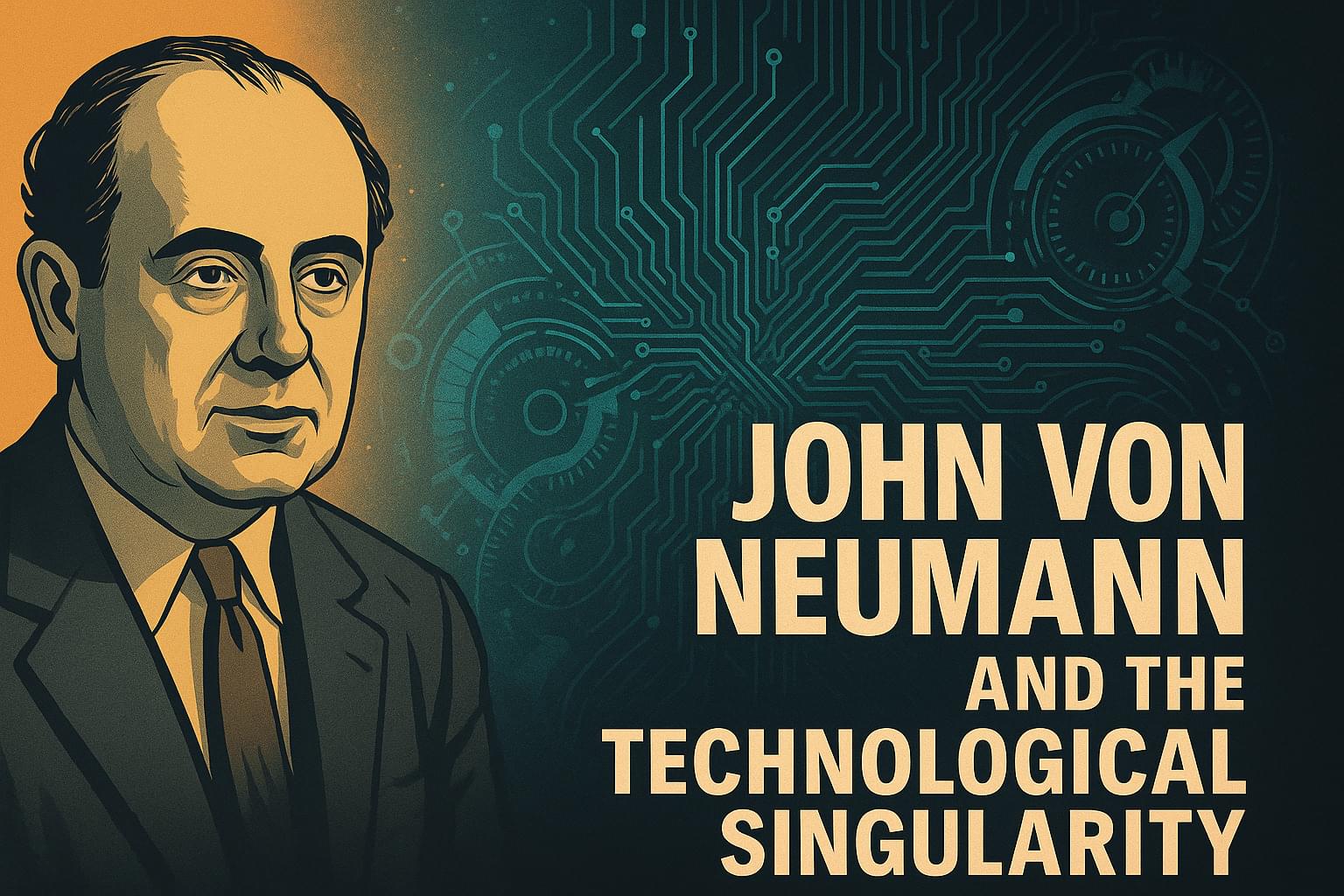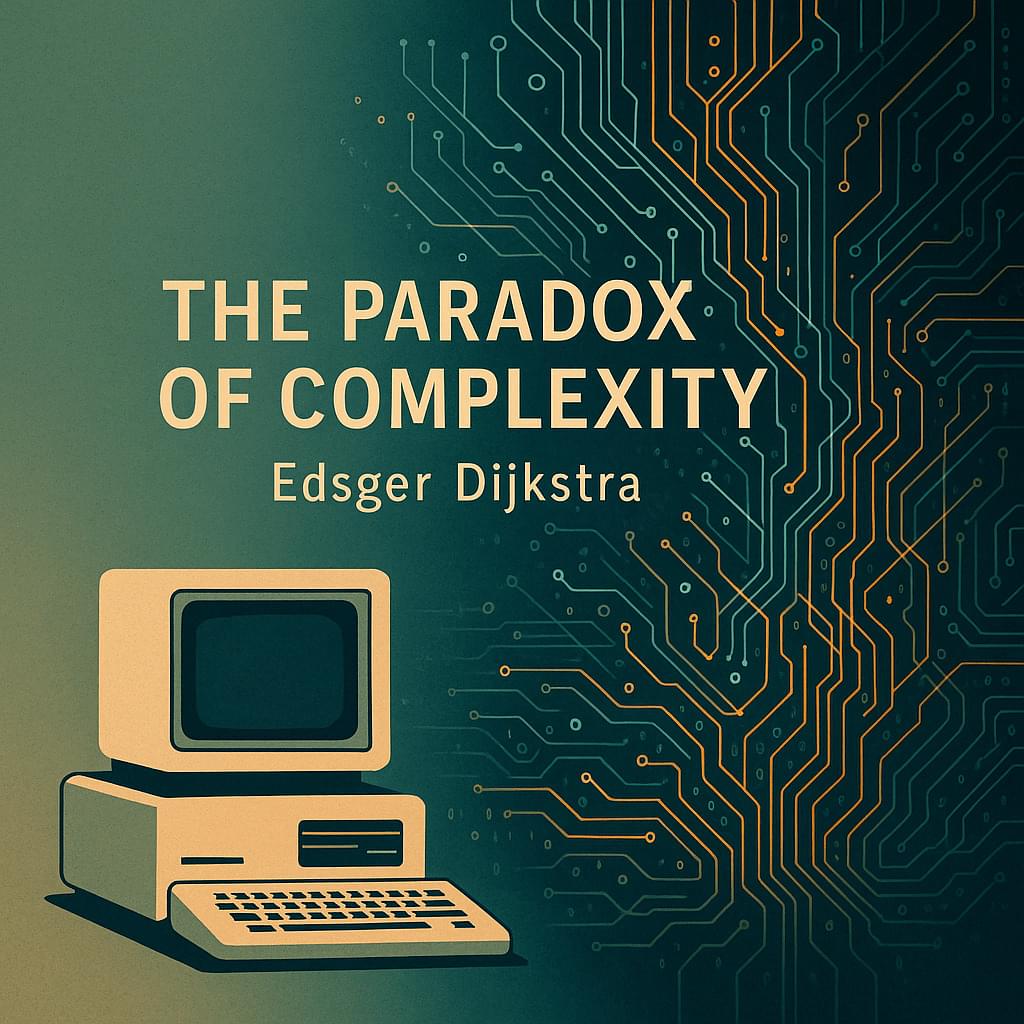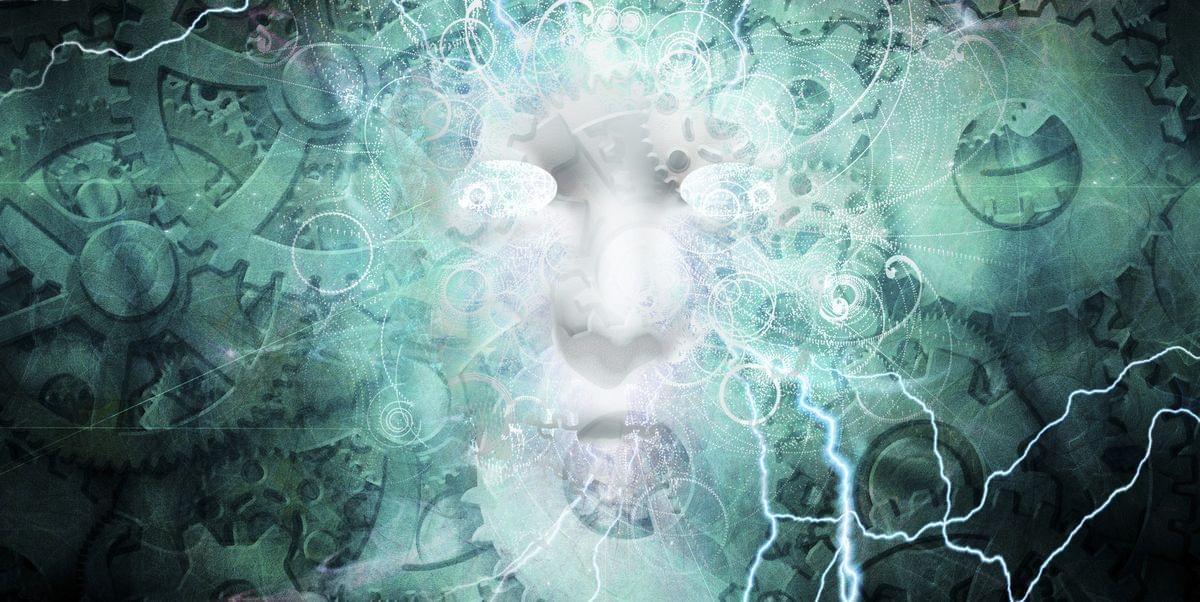Join us for an exclusive 1-hour conversation with Dr. Eriona Hysolli, the visionary scientist bridging de-extinction technology and the future of human reproduction. Recognized by Time100 Next for her groundbreaking work reviving the woolly mammoth, Dr. Hysolli brings a unique perspective to reproductive biotechnology that you won’t find anywhere else.
In this informal Q&A session, we’ll explore how cutting-edge technologies originally developed for species conservation are now revolutionizing human fertility treatments. Dr. Hysolli will share insights on:
The latest breakthroughs in synthetic embryos and artificial wombs.
How in vitro gametogenesis could transform infertility treatment.
Lessons from mammoth de-extinction that apply to human reproductive health.
The intersection of genome engineering and fertility solutions.
Near-term commercial applications in reproductive biotechnology.
Drawing from her pioneering work at Yale, George Church’s lab at Harvard, and as Head of Biological Sciences at Colossal Biosciences, Dr. Hysolli offers a rare glimpse into technologies that could redefine human reproduction within the next decade.
The session will feature a moderated discussion followed by audience Q&A. Whether you’re an investor, entrepreneur, healthcare professional, or simply fascinated by the future of fertility, this conversation will provide essential insights into one of biotechnology’s most promising frontiers.
Subscribe: http://bit.ly/1Wq6gwm.
Connect with Singularity University:





